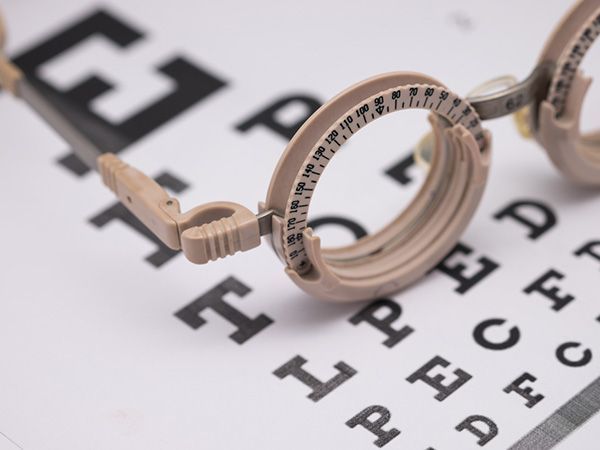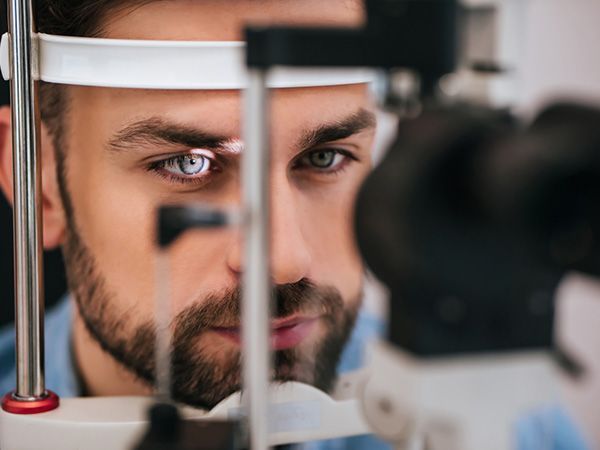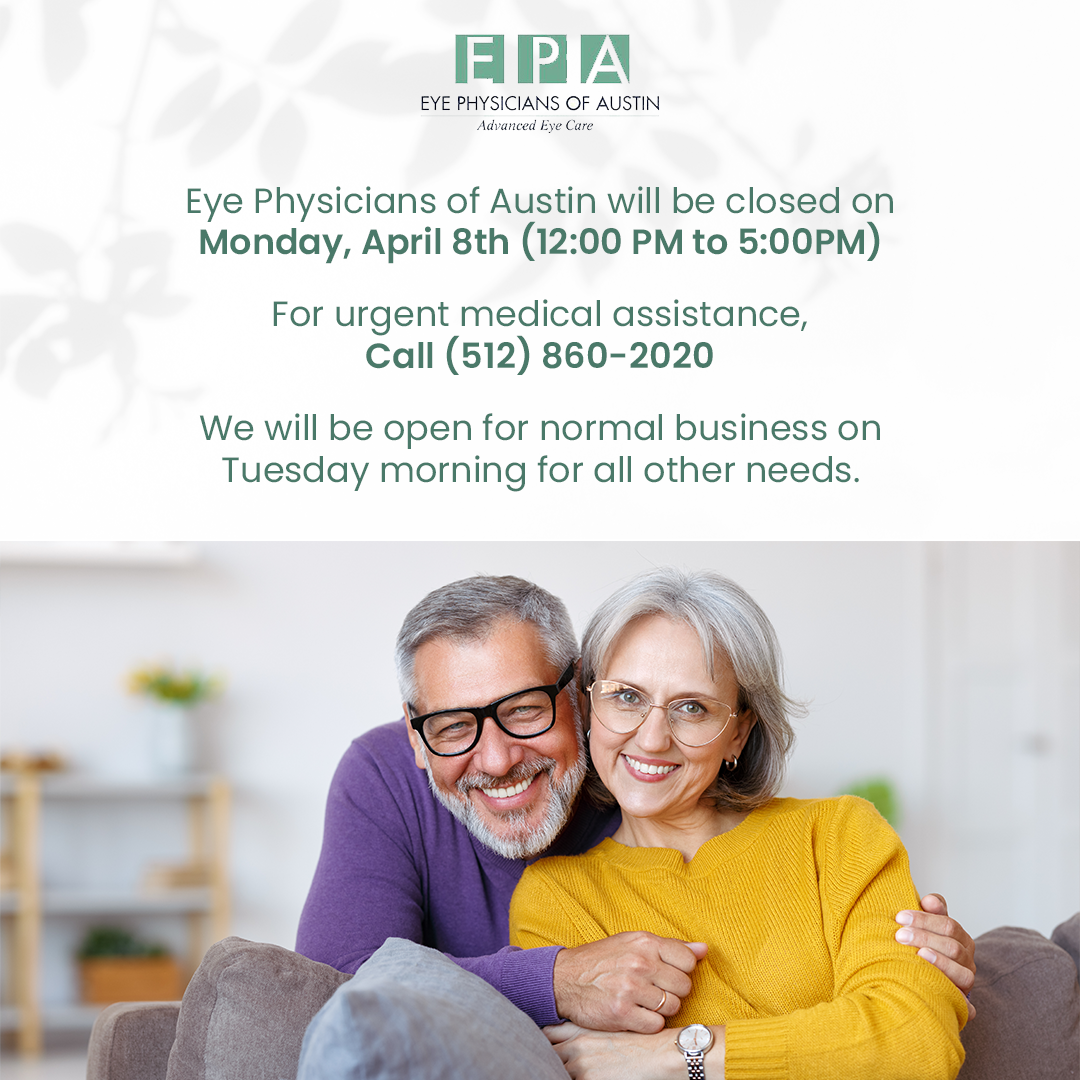5011 Burnet Road
Austin, TX 78756

Blog list
Eye Physicians of Austin Blog
Learn more about ophthalmologist care in our blog!
Helpful Articles

All Eye
Care Services

Keep
In Touch
Office hours
- Monday 8:00am - 5:00pm
- Tuesday 8:00am - 5:00pm
- Wednesday 8:00am - 5:00pm
- Thursday 8:00am - 5:00pm
- Friday 8:00am - 5:00pm
- Saturday 8:00am - 12:00pm
- Sunday Closed
Get in touch
© 2024 Eye Physicians of Austin. All rights Reserved - Accessibility Statement - Privacy Policy - Sitemap
Powered by


